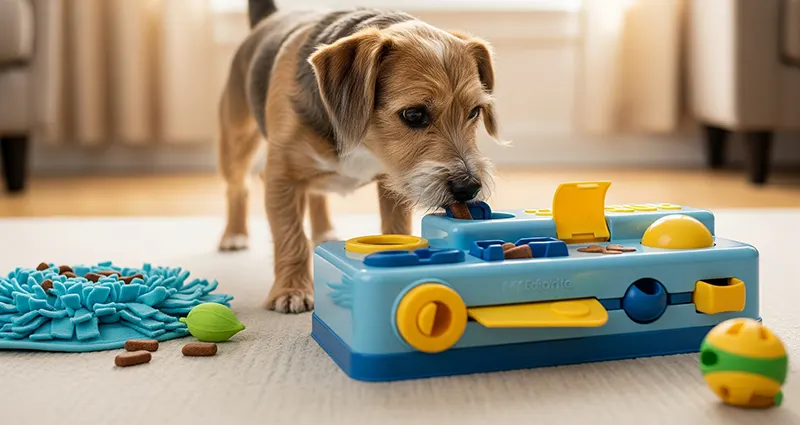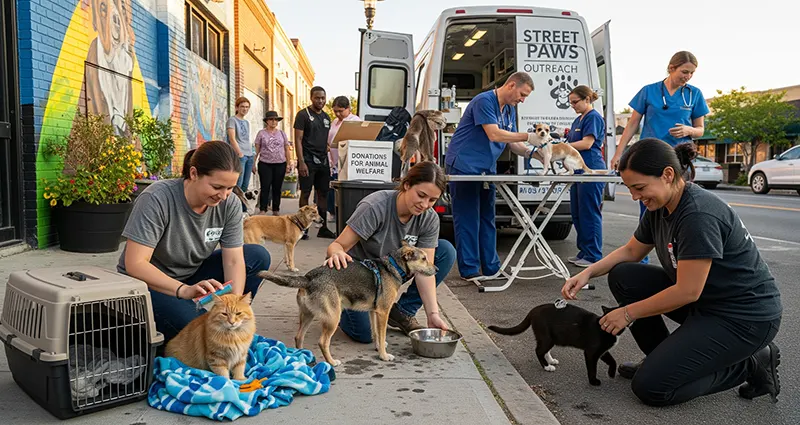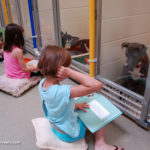Interactive Puzzle Toys for Small Dogs with Separation Anxiety
Separation anxiety is a common issue affecting many small dogs, leading to stress and destructive behaviors when their owners are away. One effective way to ease anxiety and provide mental stimulation is through interactive puzzle toys for small dogs with separation anxiety. These toys engage dogs’ minds, distract them from their stress, and encourage positive coping mechanisms, making alone time more manageable and enjoyable.
Understanding Separation Anxiety in Small Dogs
Separation anxiety manifests as distress when a dog is separated from their owner or left alone. Small dog breeds can be especially prone to this due to their strong attachment bonds and heightened sensitivity. Symptoms may include excessive barking or whining, destructive chewing, pacing, and attempts to escape.
While training and behavior modification remain primary tools, environmental enrichment with interactive toys plays an important supporting role in alleviating anxiety.












